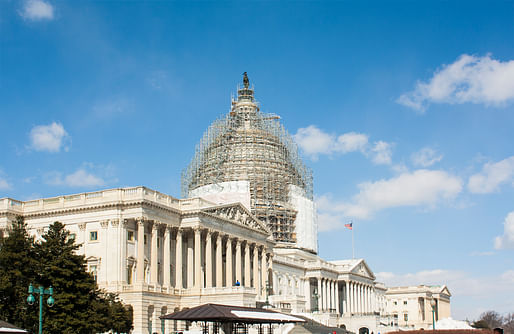

The legislation would bring more value to historic tax credits and improve access to the credit and investment for smaller rehabilitation projects.
The legislation was introduced in the House of Representatives by Congressmen Earl Blumenauer (D-OR), Darin LaHood (R-PA), Terri Sewell (D-AL) and Mike Kelly (R-PA). Senate introduction of similar legislation is expected within the next few weeks.
— ntcic.com
Efforts to expand the Historic Tax Credit (HTC) program have earned bipartisan support in the United States House of Representatives, where last month Congress members Earl Blumenauer (D-OR), Darin LaHood (R-PA), Terri Sewell (D-AL) and Mike Kelly (R-PA) introduced the Historic Tax Credit growth and Opportunity Act (HTC-GO).
HTC-GO promises to "bring more value" to the nation's historic renovation projects by pursuing five interrelated improvements that include increasing the overall HTC from 20 to 30 percent for projects that incur rehabilitation expenses below $2.5 million and allowing nonprofits greater flexibility in partnering with developers on HTC projects.
The changes would also eliminate an exiting tax penalty on projects that use the HTC by no longer requiring building owners to subtract the amount of credits earned from a building's taxable property value. The measure would also make it easier for building owners to meet the "substantial rehabilitation" standard that opens up HTC incentives to building owners. Proponents of the bill hope that the expanded credits will incentivize the owners of smaller, income-generating properties to rehabilitate their buildings.
A similar piece of legislation will be introduced in the United States Senate in coming weeks, as well.
The latest push to bolster the HTC comes after the program was nearly scrapped as part of President Donald Trump's 2017 corporate tax cut plan.
No Comments
Block this user
Are you sure you want to block this user and hide all related comments throughout the site?
Archinect
This is your first comment on Archinect. Your comment will be visible once approved.